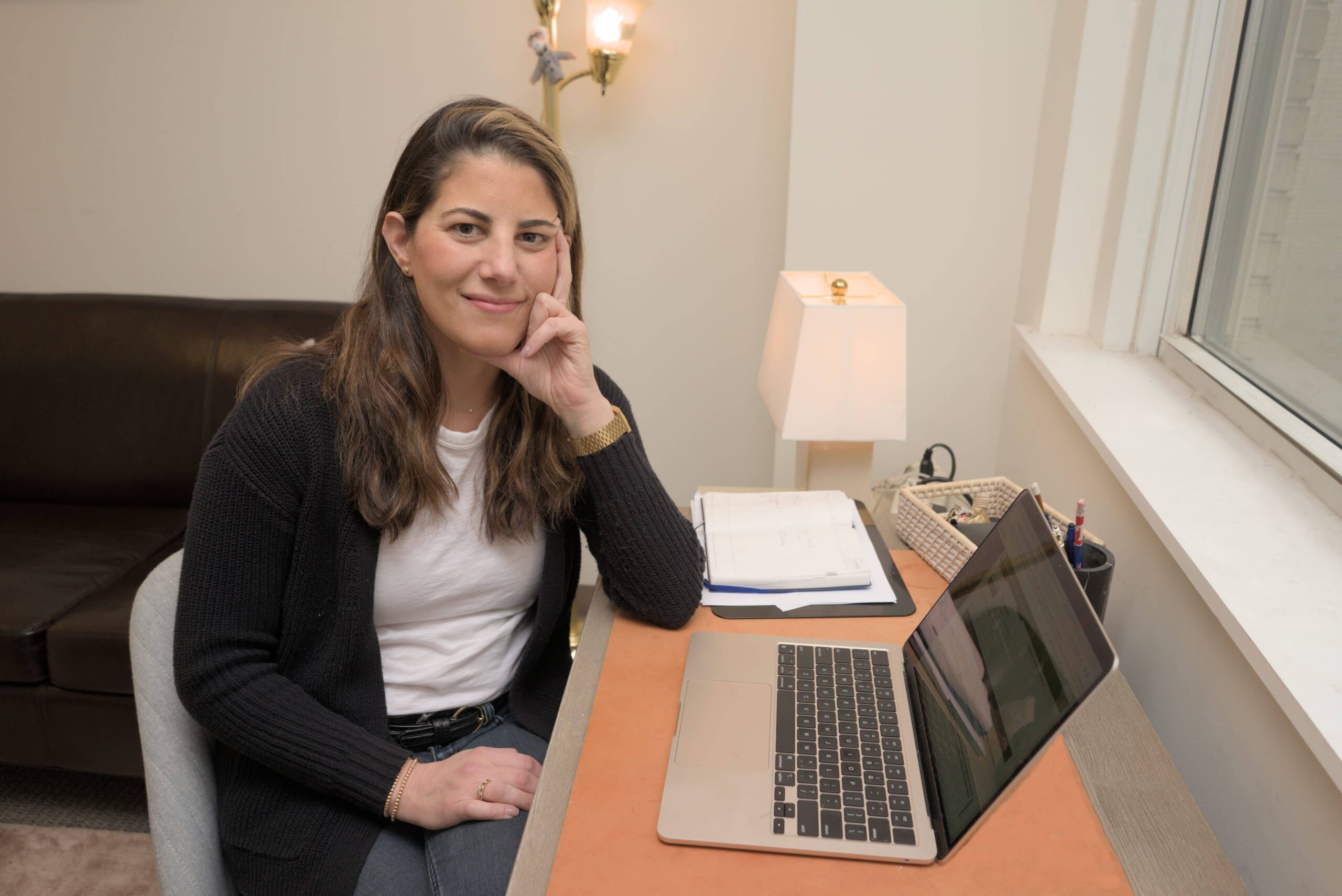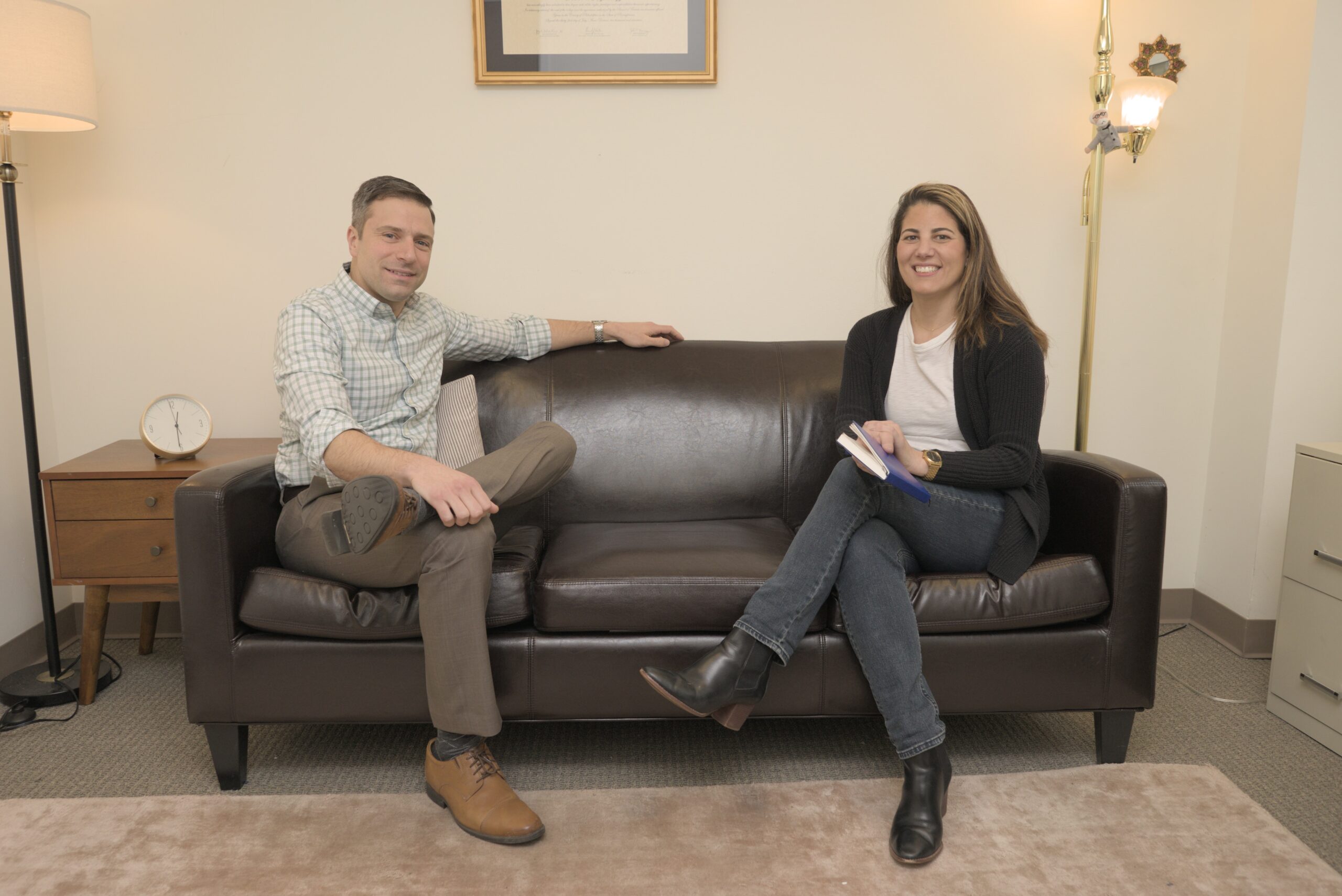Obsessive Compulsive Disorder (OCD) Treatment: In-office & Virtual Psychiatrists
Schedule with Rittenhouse Psychiatric Associates for Obsessive Compulsive Disorder (OCD) Evaluation, Diagnosis, Medication Management & Therapy.
Call Now: 267-358-6155 x 1
Scheduling@RittenhousePA.com
Or Inquire Directly through our Contact Page

Related Resources
Strategies to Put Your Phone Down and Focus
If you’re like me, you probably find yourself checking your phone more often than you’d...
Obsessive-Compulsive Disorder Therapies: Overview of Treatments and Approaches
Spend any amount of time on the internet and you’re likely to encounter the term...
“What to do when you don’t feel like doing it.” Task initiation in ADHD.
In my role working with individuals with ADHD, I commonly hear from patients who are...
Understanding Maternal Mental Health
*Co-authored by Dr. Emily Beinstein. A recent study published in JAMA Internal Medicine has ignited...
Talk Therapy for ADHD: Effective Strategies and Benefits
In my conversations with patients who have ADHD, one theme comes up again and again:...
What is Evidence-Based Practice in Mental Health?
I want to talk about the importance of what we in the mental health field...
Join our Newsletter
Newsletters Updated Quarterly
Download Our Newsletters & PDFs

 Why Choose Rittenhouse Psychiatric Associates for the treatment of Obsessive Compulsive Disorder (OCD)?
Why Choose Rittenhouse Psychiatric Associates for the treatment of Obsessive Compulsive Disorder (OCD)?